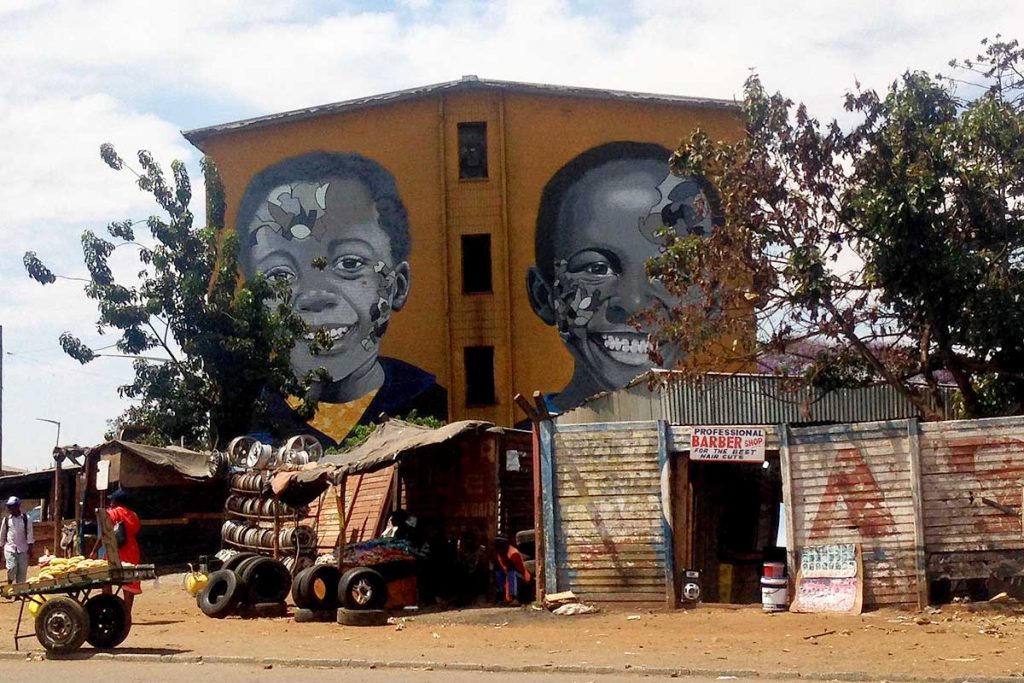1. Zimbabweans watch and wait as political crisis unfolds
What’s next for Zimbabwe? Even after the military took control of the country on Wednesday, President Robert Mugabe intends to stay put. Meanwhile the opposition party along with Bostwana President Ian Khama says he should go.
On Friday the army announced that they had made process in weeding out “criminals” around the 93-year-old ruler. The military said these criminals needed to be brought to justice for causing suffering in Zimbabwe. They also said they were negotiating with the president to determine next steps for the country. It remains to be seen how the crisis will be resolved.
2. Activists in the Philippines push for a ban on single-use plastics
One could say the Philippine market is being “satch-urated” with plastic. With an economy that relies on products packaged in small plastic sachets, the Philippines is facing high levels of plastic pollution. Environmental activists are calling for a national ban on single-use plastics. But that alone won’t solve the problem.
A recent cleanup of the Manila Bay recovered more than 54,000 pieces of plastic, with many bearing the brands of Nestle, Proctor and Gamble, and Unilever. These big corporations in the Global North export billions of single-use products to developing countries like the Philippines. Most of these plastics end up in the ocean. Activists say the corporations need to be part of global efforts to curb plastic pollution.
3. Indigenous youth fight the Line 3 pipeline in Minnesota
The pipelines keep coming. This time, it’s in Minnesota, where 13 indigenous youth known as the Youth Climate Intervenors are leading the fight against the Line 3 pipeline.
Owned by Canadian company Enbridge, the crude oil pipeline would run near rivers and lakes that have been relatively untouched by pollution – an increasingly rare occurrence these days. In fact it would break the US government’s treaties with the Ojibwe people. The proposed pipeline would violate Ojibwe people’s rights to preserve and live off their lands. In particular it would endanger their wild rice fields, the largest wild rice bed in the world. Not only is wild rice the only grain that’s native to North America, but it is also a staple and sacred food for the Ojibwe people.

